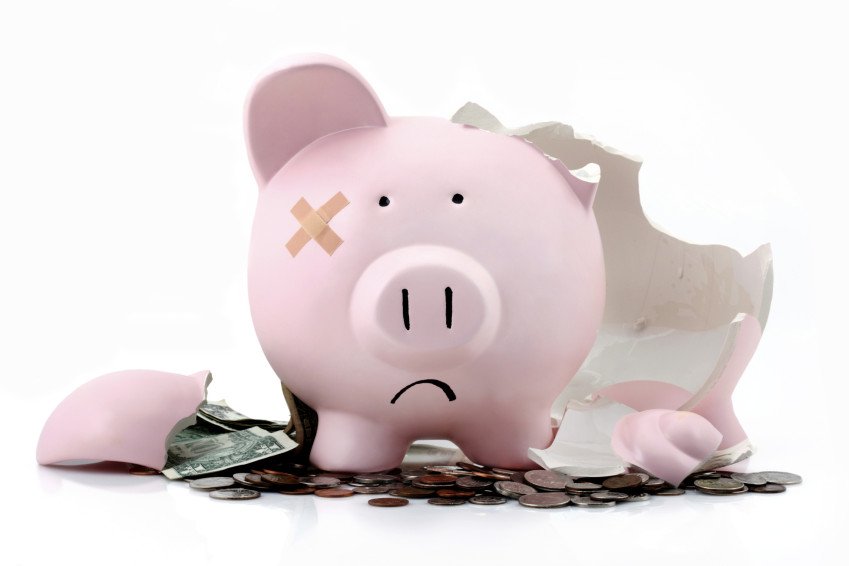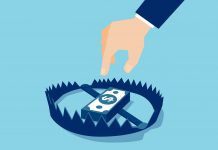 Consumer spending increased 1% from March to April, the biggest increase in more than six years, according to a Reuters report on new Commerce Department data. In very basic economic terms, a jump in consumer spending can be a good thing: It can show that people are confident they’ll make ends meet without having to squirrel away their paychecks, like some people might do if they’re worried about losing their jobs.
Consumer spending increased 1% from March to April, the biggest increase in more than six years, according to a Reuters report on new Commerce Department data. In very basic economic terms, a jump in consumer spending can be a good thing: It can show that people are confident they’ll make ends meet without having to squirrel away their paychecks, like some people might do if they’re worried about losing their jobs.
Before you get too excited about Americans’ recent urge to splurge, there’s another statistic you should know about, and this one’s a little bit of a downer. At the same time consumer spending increased, Americans’ savings decreased, from $809.4 billion in March to $751.1 billion in April. That’s a $58.3 billion drop. That indicates Americans aren’t spending more because they’re earning more; rather, they’re spending more by choosing to save less or even tapping their savings to make purchases. (Personal income increased 0.4%, and disposable income increased 0.5%, while spending increased 1%.)
Put another way: The average personal savings rate dropped from 5.9% in March to 5.4% in April. There are a lot of opinions on how much people should save, but probably the most common rule of thumb says to put away 10% of what you earn. If that’s what people are working toward, they lost a little momentum last month.
But these data are complicated. There are advantages to both saving and spending. Perhaps some of the people who diverted savings money to spending money last month did it so they could purchase something they’ve needed for a while, like a new car or a more energy-efficient appliance that could end up helping them save money.
Ideally, you don’t have to shortchange your savings goals to buy things you need, because building a sufficient emergency fund can be crucial to your financial health. Say you lose your job or come down with a sudden illness — having enough money saved up to cover your necessities after an unexpected financial change can help you avoid going into costly credit card debt or missing payments, both of which could seriously damage your credit. (You can keep tabs on your credit by getting a free credit report summary, updated monthly, on Credit.com.) So, if you’re spending some of the money you should be putting toward your savings, thinking you’ll make up for it later, you may be putting your financial stability at risk.










